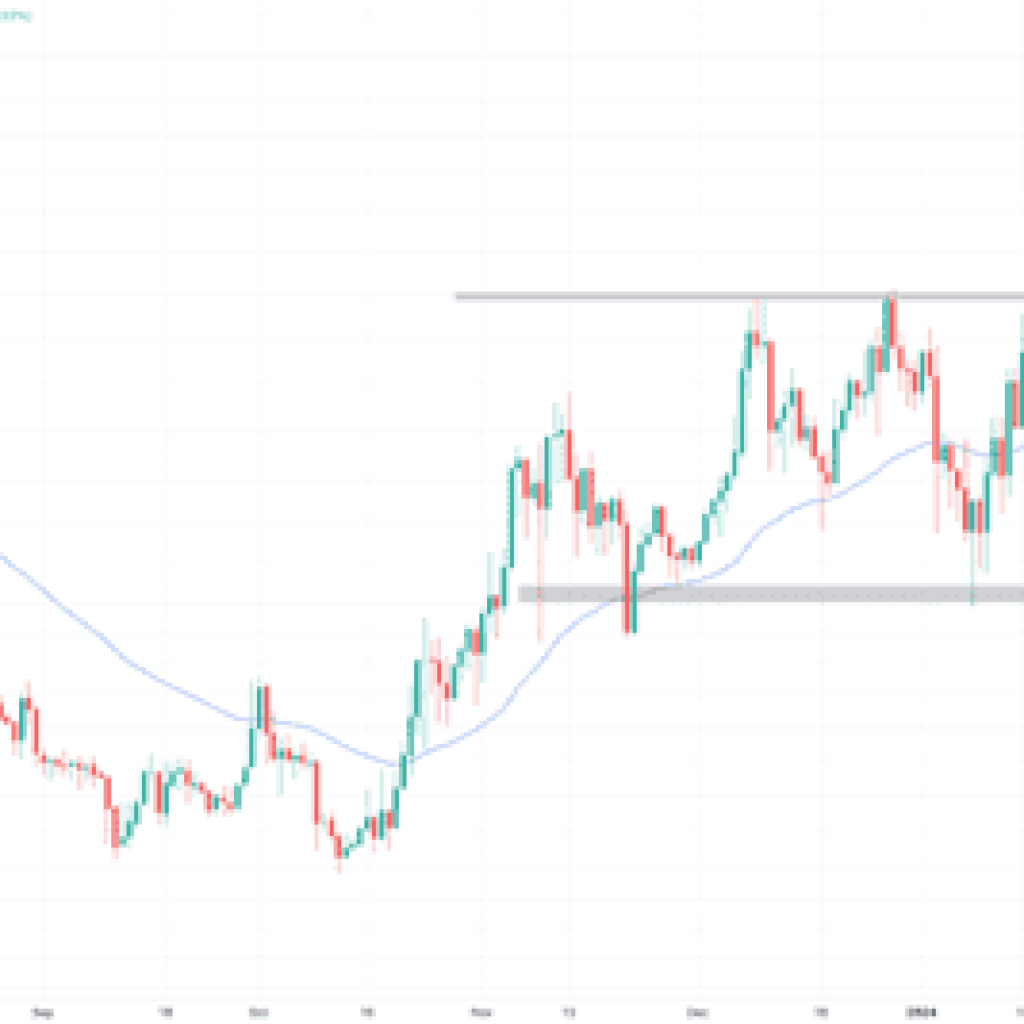
A new report indicated Bitcoin ETFs could release $600 billion in new demand — double Bitcoin's current market cap. Here's some math behind the estimates.
A United States appellate court directed the Securities and Exchange Commission (SEC) in August to reassess its denial of Grayscale's application for a Bitcoin exchange traded fund (ETF). A little-noted consequence of that decision is that it could open the floodgates for $600 billion in new cash to enter the cryptocurrency market.
ETFs provide investors with a regulated way to gain exposure to different asset classes, including Bitcoin (BTC). The approval of a Bitcoin ETF could democratize investment in the cryptocurrency sector, drawing parallels to how the iShares MSCI Brazil ETF and the VanEck Brazil Small-Cap ETF have democratized investing in the Brazilian market.
Despite some hurdles, market analysts anticipate potential Bitcoin ETF approval by early 2024. A Bitcoin ETF could unlock an estimated $600 billion in new demand, according to a September report by analysts at Bernstein, more than doubling the approximately $550 billion fully diluted market cap at which Bitcoin stands today.
Related: 10 years later, still no Bitcoin ETF — but who cares?
However, these predictions are speculative, with the actual outcome depending on various factors such as market dynamics, company strategies, and regulatory responses. Notably, the SEC has delayed the decision on Cathie Wood's Ark 21Shares Bitcoin ETF application several times already. In August, Wood expressed her expectation for these delays, stating that she believed the SEC would approve multiple Bitcoin ETFs simultaneously. But on Sept. 26, the SEC extended the decision period further, to Jan. 10.
SEC Chair Gary Gensler's delays and rejections of Bitcoin ETF applications have drawn criticism and fueled investor frustration. A bipartisan group of lawmakers urged Gensler this mo to grant immediate approval for an ETF, arguing that post-Grayscale court decision, there's no reason to deny spot crypto ETFs, which they believe would enhance investor safeguards. This Congressional pressure further complicates the path to Bitcoin ETF approval, adding to the uncertainty as the ARK 21Shares Bitcoin ETF decision date approaches.
In tandem with the SEC's deliberations over Bitcoin ETFs, major players in the crypto industry are actively lobbying for new rules. Coinbase, for instance, is spearheading one of the largest lobbying pushes in the crypto industry, aiming to garner support among lawmakers for the introduction of new regulations. As we continue to observe these unfolding developments, it becomes increasingly clear that the future of crypto regulations is being hotly contested.
Recent developments suggest more potential delays in the approval of Bitcoin ETFs on the whole. James Seyffart, a Bloomberg ETF analyst, speculated that the SEC's recent decisions may have dampened prospects for ETF approval in 2023. Filings from major players such as BlackRock, Bitwise, and Wisdomtree are slated for review in the third week of October. However, the SEC's recent actions on ARK 21Shares have sparked speculation that other filings due for review in mid-October, including those from VanEck, Invesco, Fidelity, and Valkyrie — could also experience delays. So it remains to be seen whether there will be any significant updates on these applications soon.
To better understand the implications of these ETFs, let's delve into the concept of Assets Under Management (AUM). AUM represents the total market value of the financial assets an entity or advisor manages on behalf of their clients. This crucial metric in the investment world serves as an indicator of performance. Consider the following table for more insight.

Financial institutions with higher AUM, like BlackRock, could generate more revenue from management fees if they successfully launch a Bitcoin ETF.
As competition in the Bitcoin ETF market intensifies, it may drive down management fees, impacting revenue.
Investment firms charge these fees for managing funds, typically ranging from 0.20% to 2.00%. A trend of decreasing management fees has been observed recently, due to increased competition, cost-effective investment strategies, and investor demand for transparency.
How does Grayscale generate revenue from ETFs?
Grayscale generates its revenue from its Exchange-Traded Funds (ETFs), such as the proposed Bitcoin ETF, through management fees. These fees are calculated as a percentage of the total assets under management (AUM).
For its existing product, the Grayscale Bitcoin Trust (GBTC), the company charges an annual fee of 2%.
Let's break down how this works with some real numbers. If we take the reported $16.2 billion in assets in the Bitcoin Trust and apply the 2% management fee, it means that Grayscale would generate $324 million per year in management fees from the Bitcoin Trust alone.
If Grayscale succeeds in converting GBTC to a Bitcoin ETF, the AUM could potentially increase due to the appeal of ETFs to institutional investors, boosting management fees. However, Grayscale plans to lower fees upon conversion to an ETF, although specific figures have not been provided.
Related: BlackRock’s misguided effort to create ‘Crypto for Dummies’
The conversion is subject to SEC approval. Grayscale recently won a legal case against the SEC, paving the way for spot Bitcoin ETF approval. Simultaneously, the SEC extended its decision-making period on ARK 21Shares Bitcoin ETF.
Bitcoin ETF approval would be a significant step towards mainstream crypto acceptance. The court ruling questions the SEC's sole authority over digital assets, suggesting other entities like courts and Congress can influence crypto regulations. This could lead to wider crypto acceptance, making Bitcoin investing more accessible and regulated, attracting more capital to the crypto market.
The potential approval could also have geopolitical implications, setting a precedent for other countries and accelerating global adoption of cryptocurrencies.
Of course, numerous hurdles remain, notwithstanding the court's ruling. But it signified progress, and rewards await those ready to embrace change.
This article is for general information purposes and is not intended to be and should not be taken as legal or investment advice. The views, thoughts, and opinions expressed here are the author’s alone and do not necessarily reflect or represent the views and opinions of Cointelegraph.





